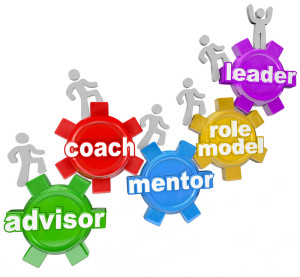I am a fan of Bill Russell and his multi-media company This Week Health – today is no exception. Bill had a very insightful and spot-on episode last Friday on isolation and the importance of choosing community –“Isolation Destroys Leaders – Choose Community”. It is worth 15 minutes of your time to listen!
–“Isolation Destroys Leaders – Choose Community”. It is worth 15 minutes of your time to listen!
Bill starts with a neighborhood community analogy post Hurricane Ian and goes on to talk about the importance for health IT leaders to fight isolation and be part of a sharing and learning community. He talks about checking your ego and being willing to learn from everyone comparing his 16-hospital health system CIO experience with that of a small community hospital CIO with a staff of less than 10 people. As CIOs they both dealt with the same regulatory environment and set of issues.
He encourages health IT leaders to consider getting a coach and uses a sports analogy to distinguish between a coach and a consultant. And he encourages people to find small peer groups to be part of for ongoing learning and sharing.
One of the common goals Bill and I share is developing next generation leaders. There are many ways to do that, and Bill’s podcasts are one of them – thanks Bill for another great episode!
Related Posts:
The power of your network and learning from others
Different organizations, common IT challenges





